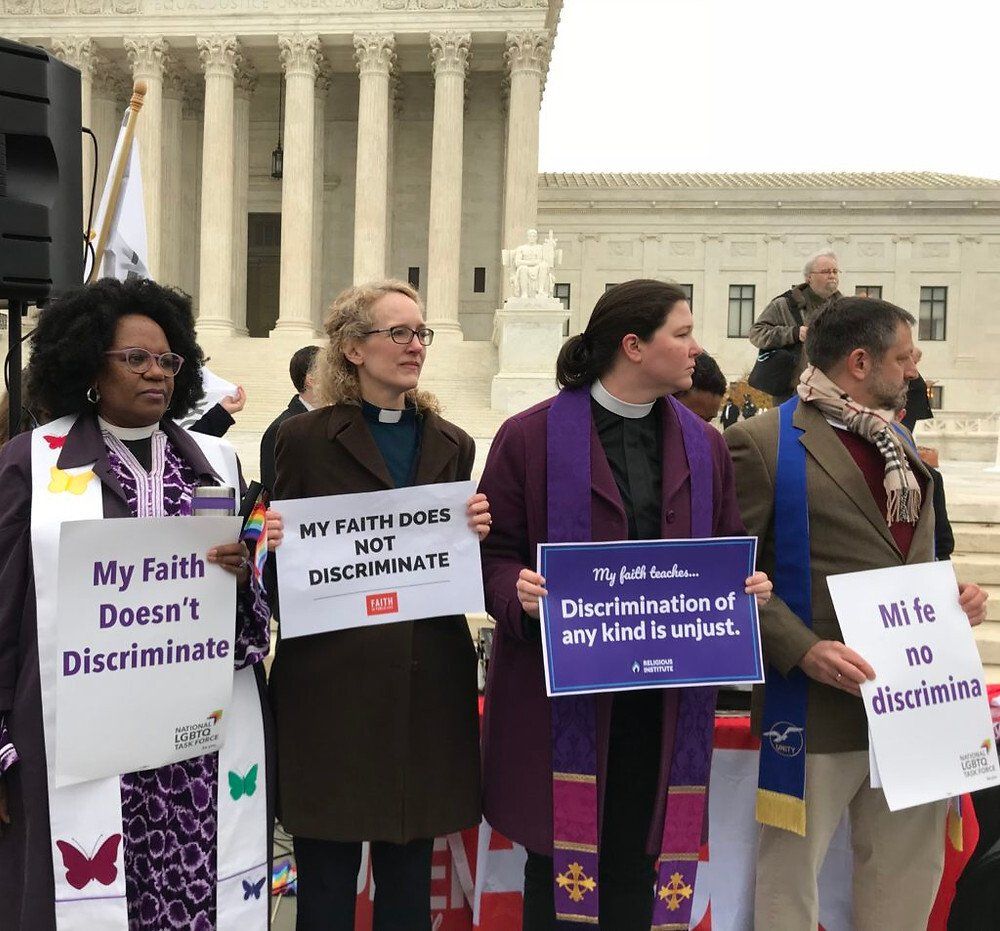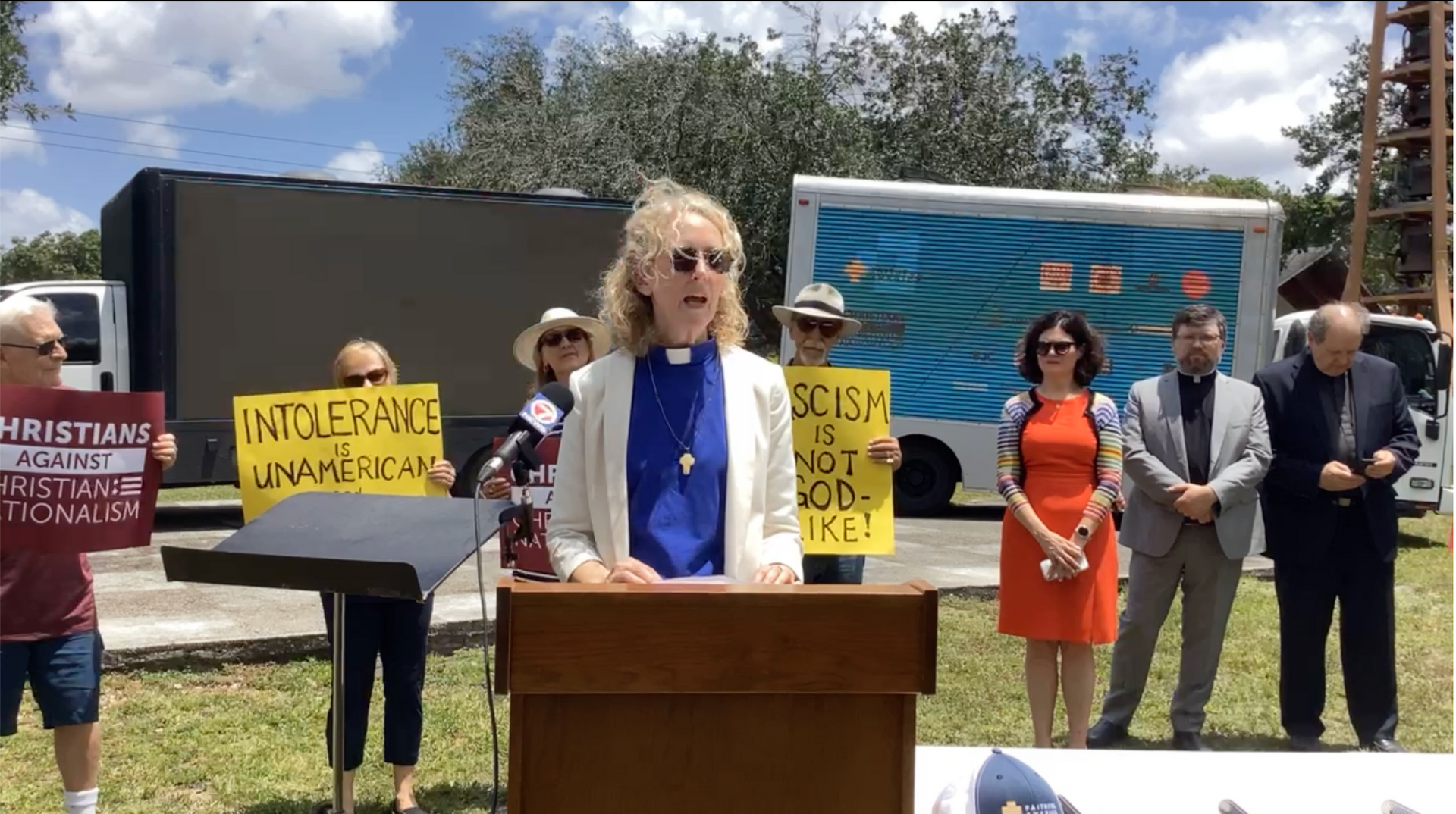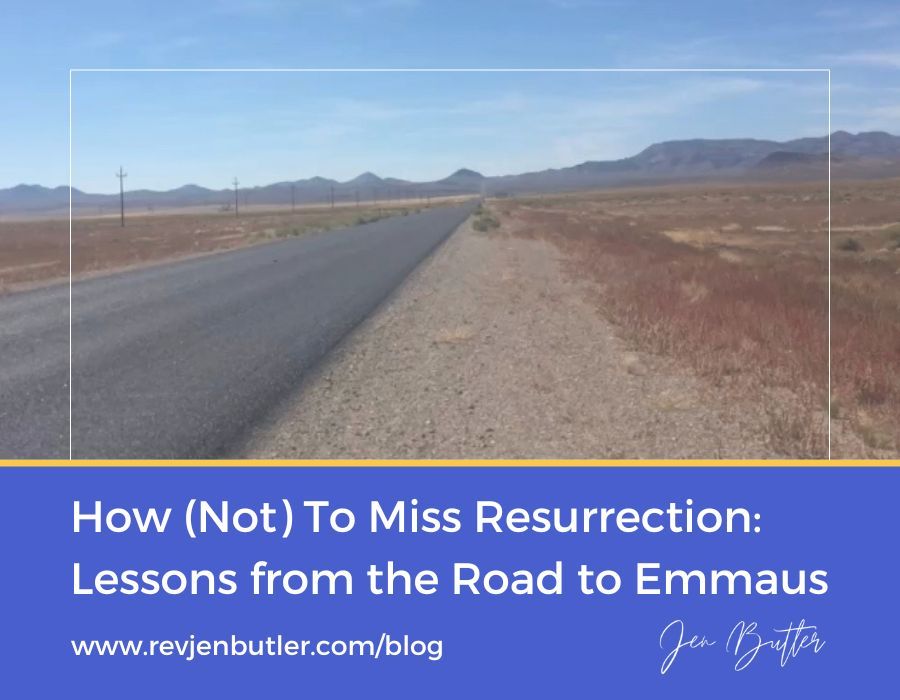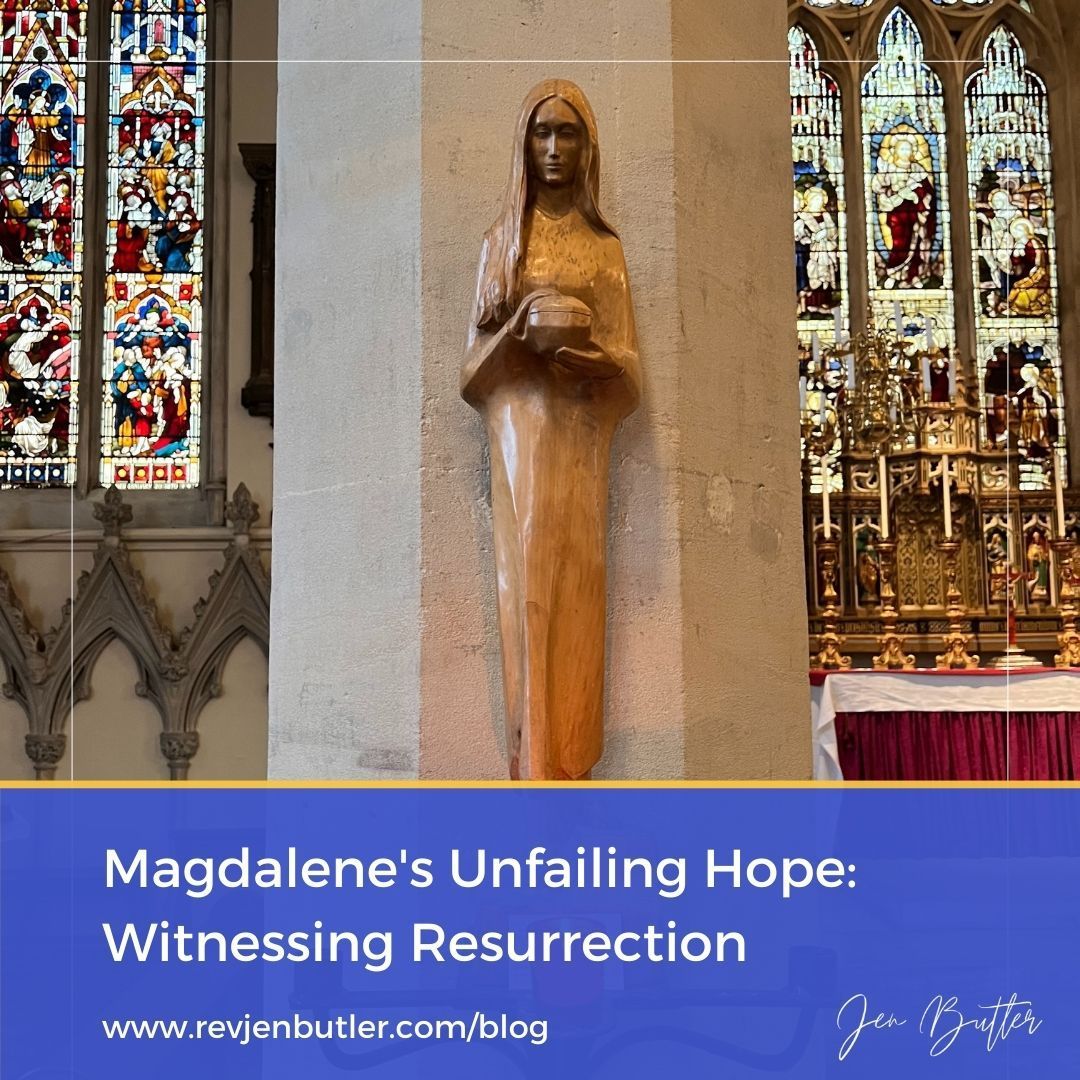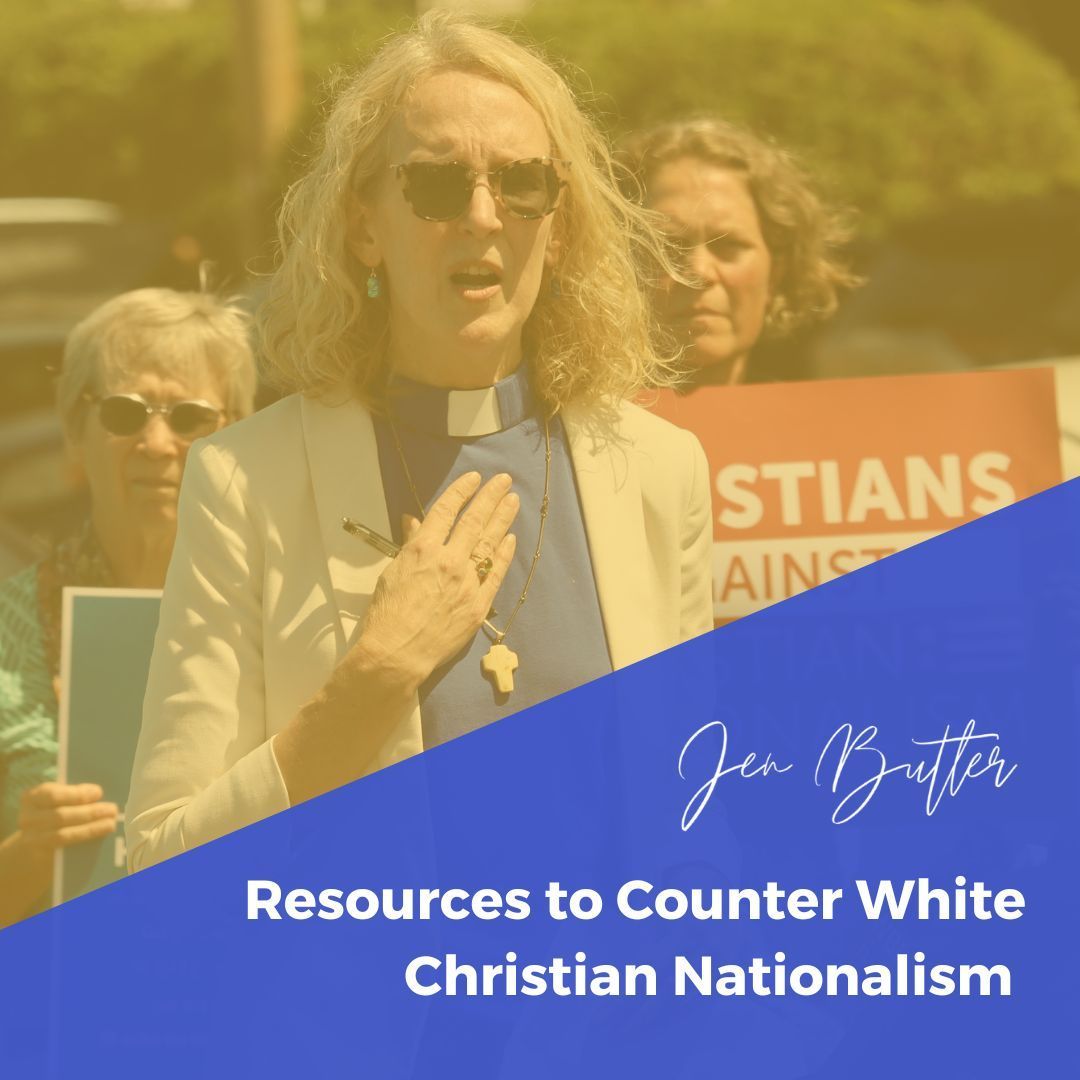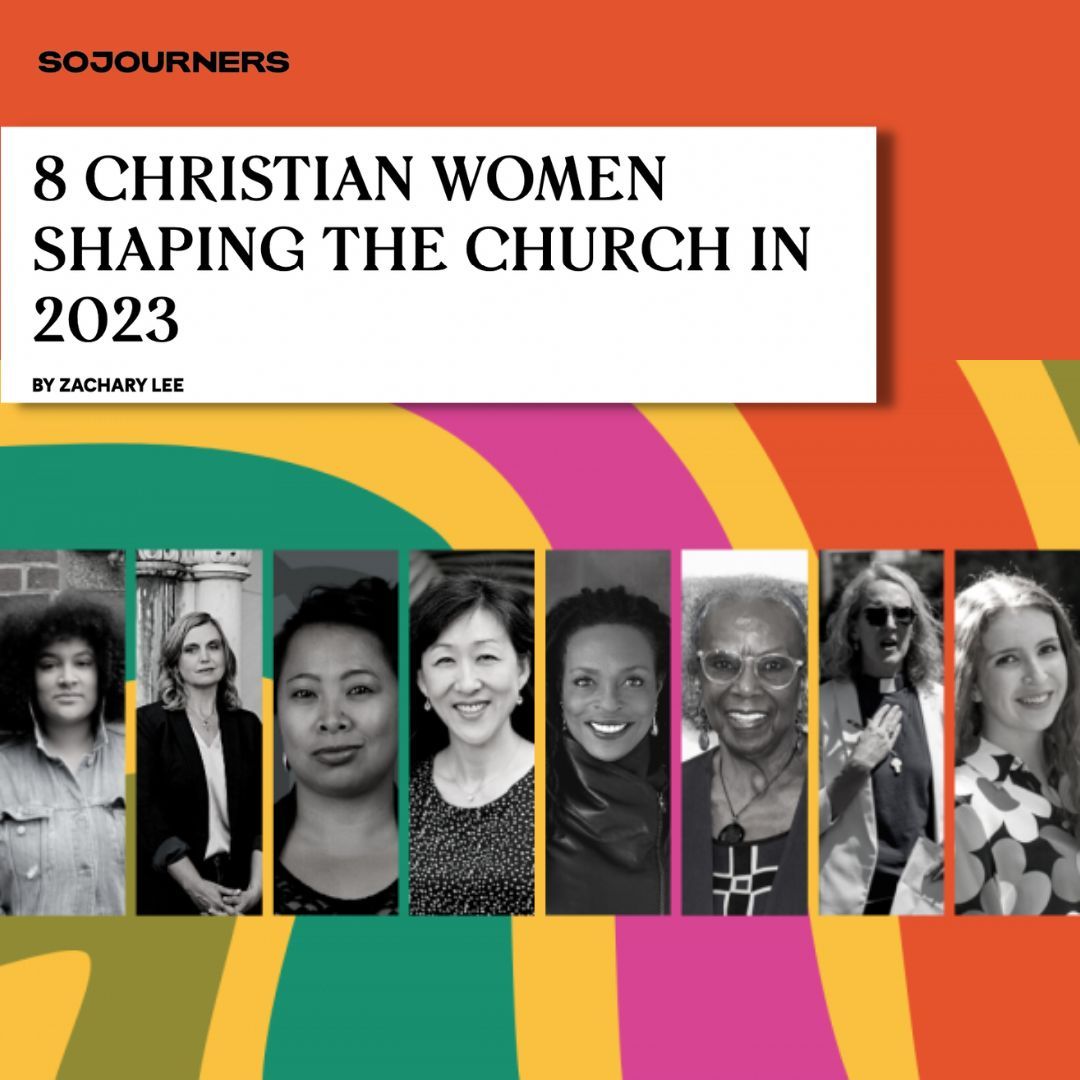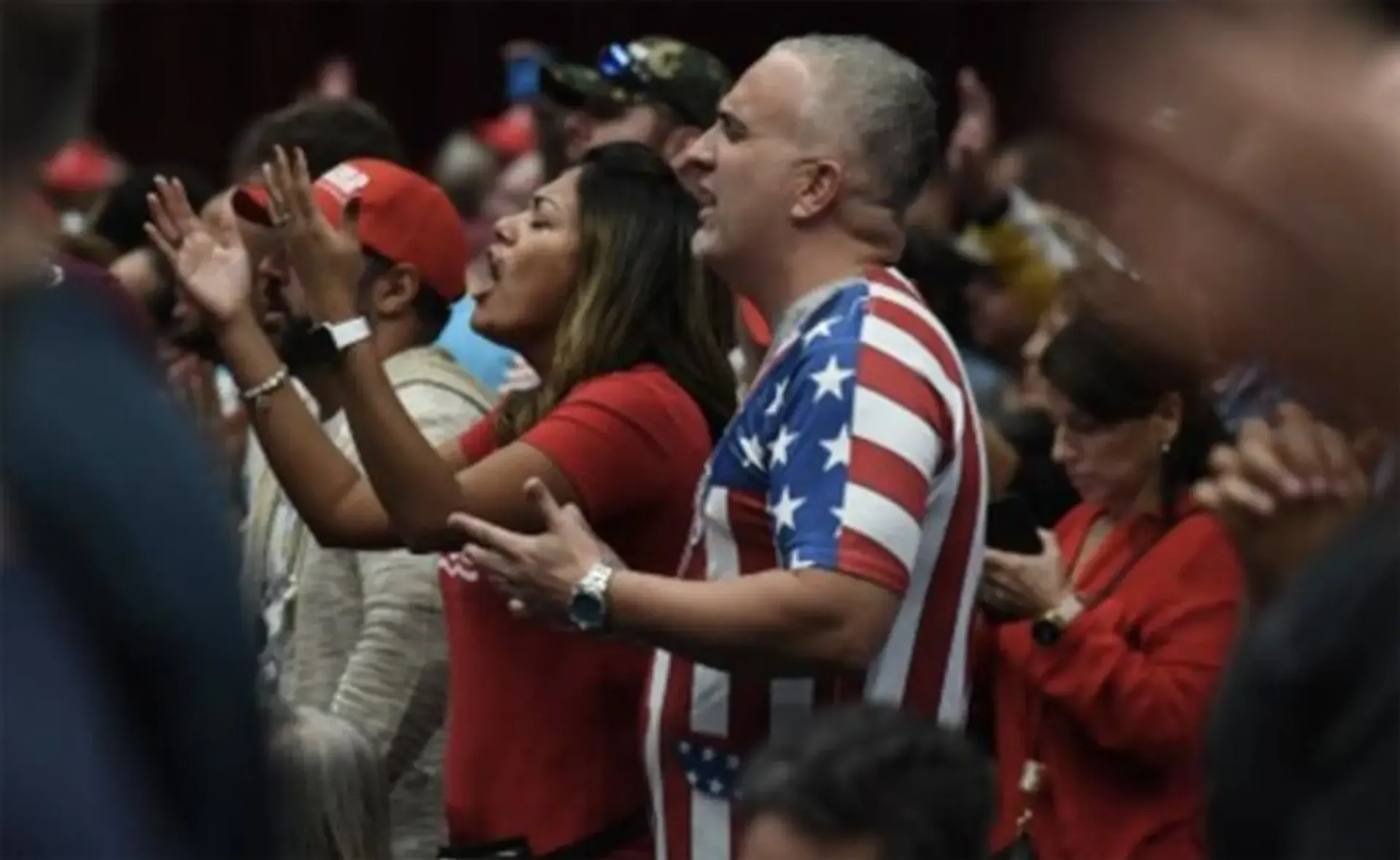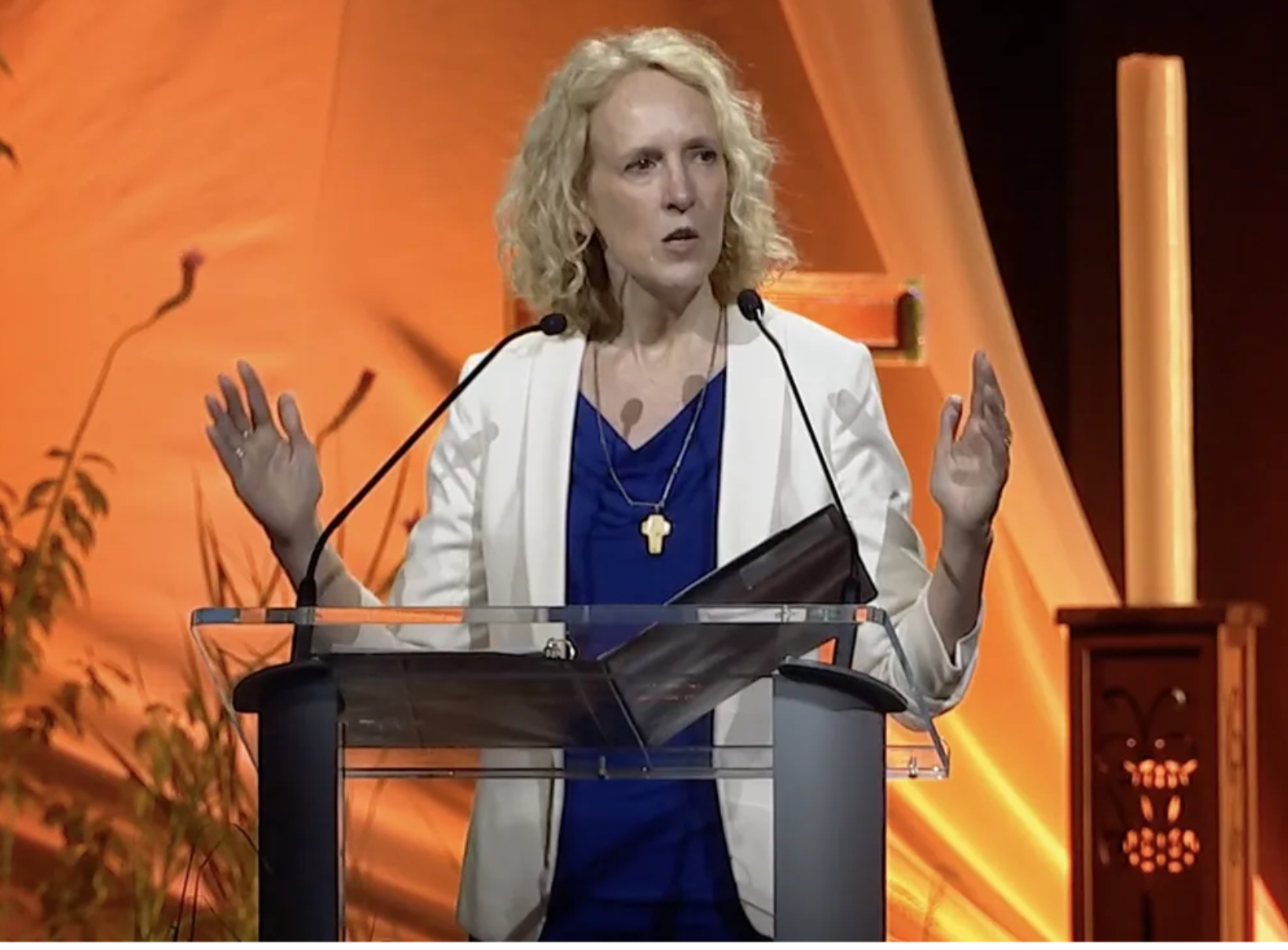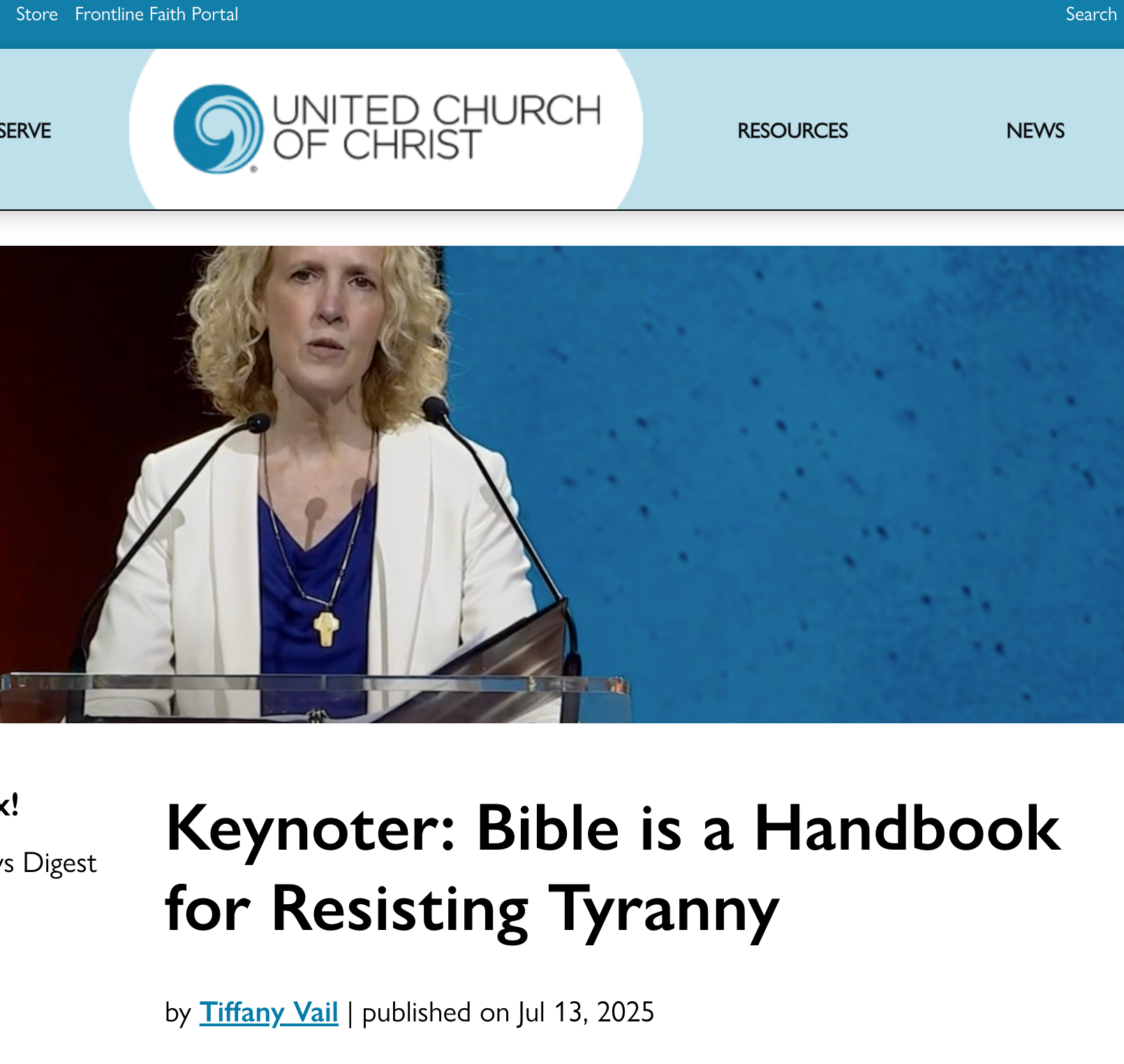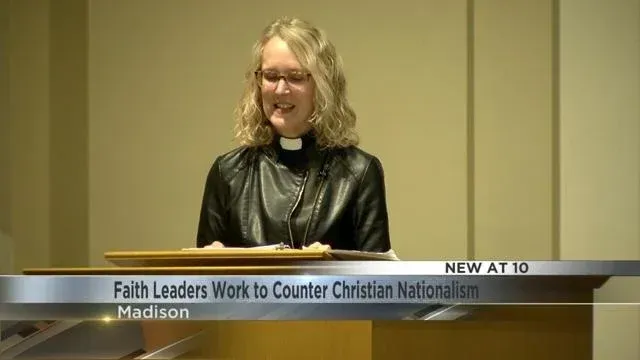Who is My Neighbor? | The Struggle for LGBTQ Equality
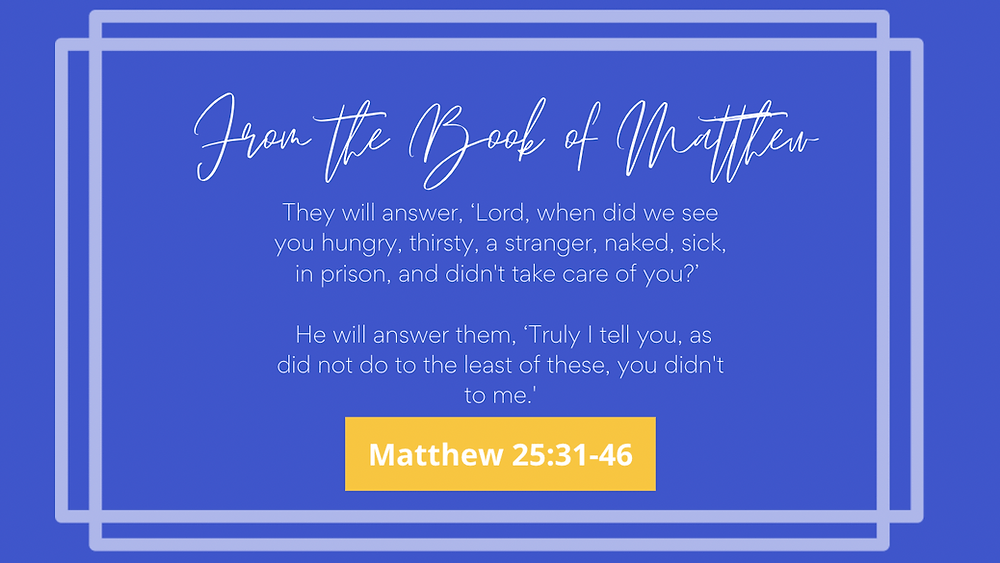
A couple of weeks ago, I joined a group of religious leaders at the Capitol to lift up the voices of 15,000 faith leaders nationwide who are calling on the Senate to pass the Equality Act which would grant non-discrimination protections for LGBTQ people.
Two out of three LGBTQ people experience discrimination in employment, housing, healthcare, and other important services and 29 states still have no anti-discrimination protections. In Georgia, Florida, and North Carolina, Faith in Public Life has seen first hand how cynical and bigoted politicians argue that the Equality Act violates their religious beliefs; They claim their Christian faith teaches them not to honor the full dignity of LGBTQ people, and that laws calling on them to do so are unconstitutional, all the while consistently try to pass legislation that would harm our LGBTQ neighbors. These kinds of arguments run deep in our history. White Christians have long used religion to establish the “right” to discriminate against others.
Slaveholders used the Bible to justify slavery, of which Frederick Douglass reflected: “Between the Christianity of this land and the Christianity of Christ, I recognize the widest possible difference.” White Christians used Manifest Destiny to justify the theft of Native American land. BBQ restaurateur Maurice Bessinger claimed his faith allowed him to discriminate against African American customers (which led to a landmark U.S. Supreme Court Case that helped dismantle segregation). In fact, the Christian Right was founded over outrage that the U.S. The Supreme Court revoked the tax status of private white Christian academies that discriminated against African Americans. They claimed the government was violating their freedom of religion.
In conservative circles, the parable of the sheep and the goats or “the least of these” from Matthew 25:31-46 gets reduced to a story about God’s end of times judgment of non-Christians. A google image search turns up all kinds of “convert-or-be-damned” memes with oddly cute images of goats and sheep, but this type of hellfire and damnation theology aimed at non-Christians and 'sinners' is rooted in post-Civil War theology which intentionally disconnected scriptural teachings from social context and implications (you can read this history in Robert P. Jones’ White Too Long: The Legacy of White Supremacy in American Christianity).
Biggoted people forget that Matthew 25 also states that whatever we do to the ‘least of these' we do to Jesus and to those who ignore them, God will say “get away from me, I never knew you!” Jesus’ teachings are explicit about the measure of our proximity to God being in direct correlation with how we treat our neighbors; That the failure to love our neighbor (defined as those most rejected by society) is a sign we are far from God.
Christian nationalism is a belief system that seeks to define the United States as a native white, and heteronormative Christian nation, upholding privilege for the status quo to the exclusion of all others, and it is one of many toxic founding tenets of our nation that needs to be rooted out. We saw it most starkly when Christian nationalist flags flew high in the crowds that invaded the Capitol, killing five and leaving 140 injured hundreds traumatized for life.
